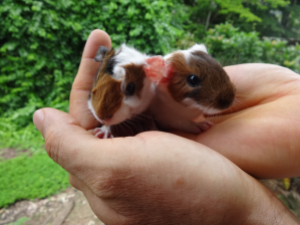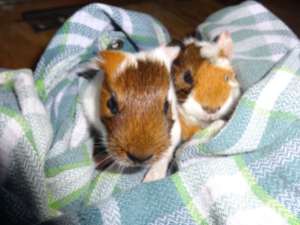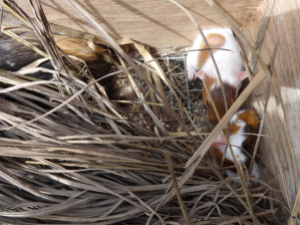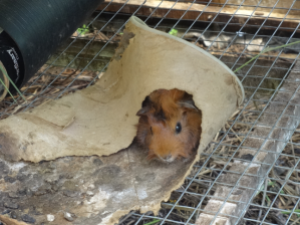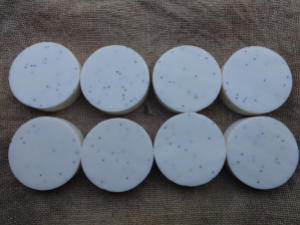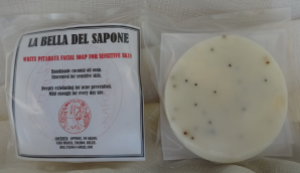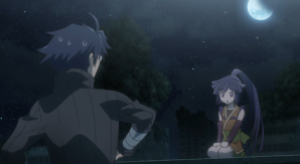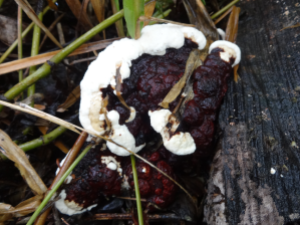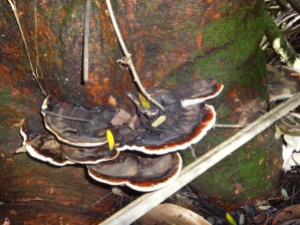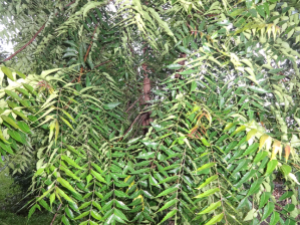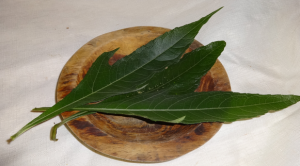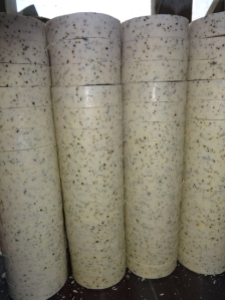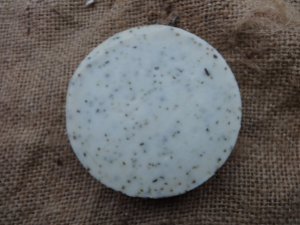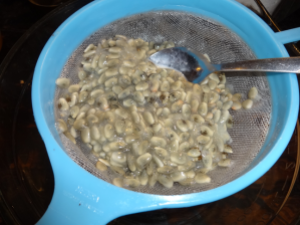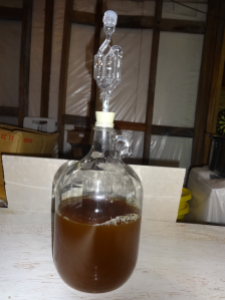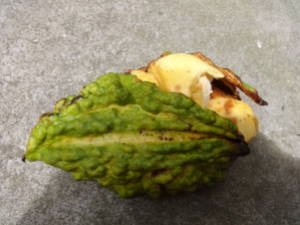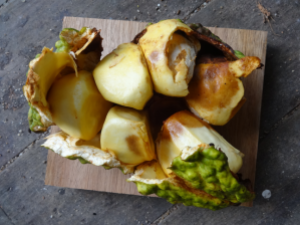![]() Hi Everyone. Our Internet just came back on…it has been really erratic lately and some days we only have it come on for about 5 minutes at a time when some emails download but no connection to write back. Such is life in Belize. Well, we’ve been busy with medical calls of late. So, all farm and business stuff has been pushed to a minimum until things go back to normal. The rains don’t help either…and, I should also throw in the unhelpful conjunction of the stars for extra measure! Anyone waiting for coconut products is waiting for all our patients to get better, sunnier days and of course, the big stick (for knocking down the coconuts).
Hi Everyone. Our Internet just came back on…it has been really erratic lately and some days we only have it come on for about 5 minutes at a time when some emails download but no connection to write back. Such is life in Belize. Well, we’ve been busy with medical calls of late. So, all farm and business stuff has been pushed to a minimum until things go back to normal. The rains don’t help either…and, I should also throw in the unhelpful conjunction of the stars for extra measure! Anyone waiting for coconut products is waiting for all our patients to get better, sunnier days and of course, the big stick (for knocking down the coconuts).
Of course, being doctors always comes first and we really don’t mind seeing patients. We just have so many other things that we like to do that it is sometimes hard to fit everything into our lives. For us, seeing patients is our gesture to people, the community and the universe, at large because we put such a huge effort into this work. Not only are our call-outs one hour, they sometimes extend to two hours and we don’t ask for extra money for this. The money that we receive from patients is what we like to view as a “gesture in kind.”
During these hectic, stressful and tiring days, I think to myself that we are so lucky that we can work together as doctors (and in everything else). Due to patient confidentiality, doctors should never talk about their patients to anyone else except to other medical colleagues. In our line of work, this is called “sharing the anxiety” or in more professional terms “de-briefing.” I am really glad that we can share the anxiety together!
It is nice when some acknowledgement comes our way. The last week or so, we have received gifts of fruit from patients’ relatives.
A gift of mangoes. This is great because we have no mangoes growing on our farm.
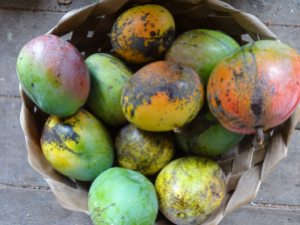
A gift of kenip fruit. These are fruit with a sweet and acidic flesh…you gnaw on the fruit around the seeds and then the seeds can be kept, boiled up and then roasted to make a nut snack. Gnome really likes this fruit!
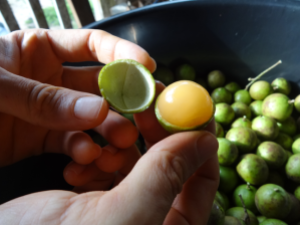
Have a good night!!

